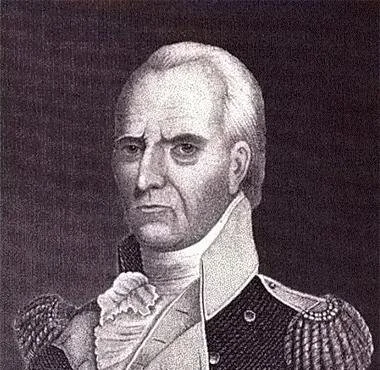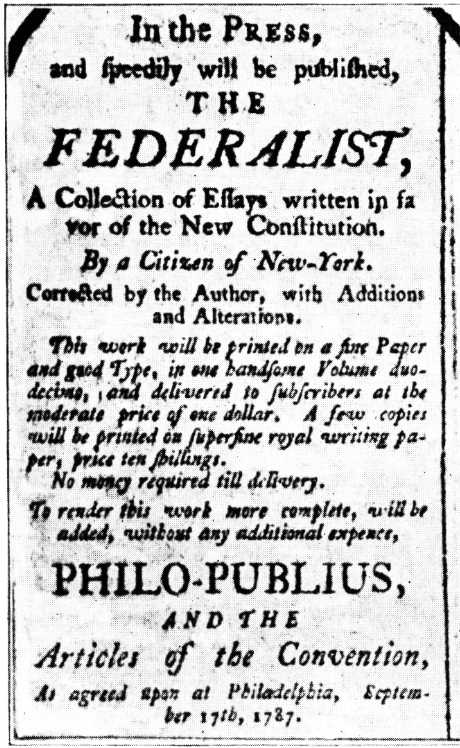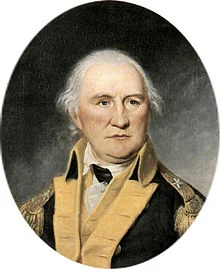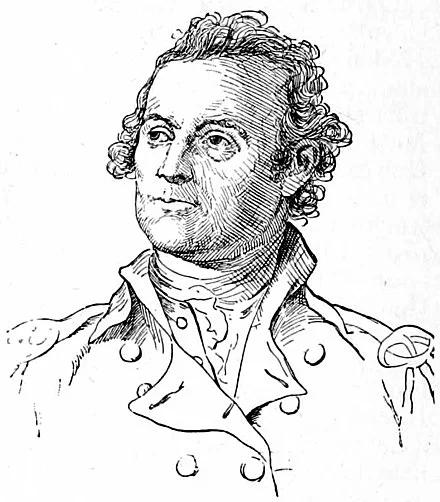John Stark and the Battle of Bennington
John Stark was one of the most important Revolutionary Generals from New Hampshire.
Stark’s work at the Battle of Bennington was essential to wining at Saratoga.
He is best known for a letter he sent in retirement…Live free or die. This has since become the State motto.
John Stark
Before becoming a Revolutionary Hero, John Stark made a living on the frontier of New Hampshire.
During this time, he was hunting with friends when they were attacked by a group of Native Americans.
Stark was taken prisoner and removed to Quebec where he impressed the Chief enough to be adopted into the community.
Roger’s Rangers
Fortunately, Stark was only in captivity a few months before his ransom was paid and he returned to New Hampshire.
With the outbreak of the French and Indian War, John sighed up to fight. He became part of the famous Roger’s Rangers, eventually acting as number two to Robert Rogers himself.
During this time, Stark mastered the art of frontier warfare.
Bunker Hill
After the Battle of Lexington and Concord, John Stark was immediately commissioned as a militia Colonel and took command of the 1st New Hampshire Regiment.
Stark led his men to Massachusetts and participated in the Battle of Bunker Hill, where he successfully held off a large contingent of enemy troops trying to land in Charlestown.
When George Washington arrived to take command, John’s men were assumed into the Continental Army.
Overlooked
Stark fought valiantly in most of the important battles of the New York/New Jersey Campaign, including those at Trenton and Princeton.
Unfortunately, John was upset when fellow New Hampshirite, Enoch Poor, was given the rank of Brigadier General. Stark could not understand why Poor, who had little experience and did not immediately go to Boston when the war broke out, was promoted over him.
John resigned his commission and returned home.
Battle of Bennington
Stark’s anger at the Continental Army did not include his home State of New Hampshire.
Shortly after his return, John was given the position of Brigadier General in the militia and returned to the field.
Of his many successes under this title, none was more important than the victory at the Battle of Bennington.
At Bennington, Stark was able to demolish a unit of enemy soldiers who were plundering the Vermont countryside looking for supplies. John (with some last minute help from Seth Warner) won a necessary engagement that hurt the British’s chances in the Battle of Saratoga which took place soon thereafter.
Vindicated
Thanks largely to his success at Bennington, Stark returned to the Continental Army with his long sought-after commission as a Brigadier General.
John was even tasked with overseeing the Army’s Northern Department on several occasions.
One of his last great contributions to the American Founding was when he sat on the panel that tried Major John Andre for espionage regarding his work with Benedict Arnold.
Here are some other Founders from Vermont:
Woodbury Langdon Gets Detained in New York
Meshech Weare Assumes Power in New Hampshire
John Stark has several biographies about his life.
‘Stark’ is the most recent bio I’ve read on him. It is a little bit heavier into the warfare than I personally enjoy but is really well researched and if you want to learn more about the day to day operations of the French and Indian War as well as the Revolution I recommend it.
Pick up a copy through the Amazon affiliate link below (you’ll support this site, but don’t worry, Amazon pays me while your price stays the same) but be warned, it is very rare and therefore expensive.






